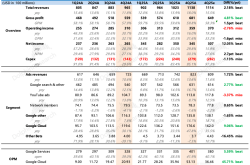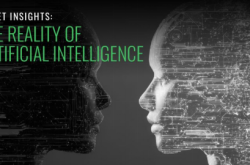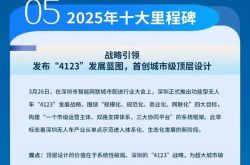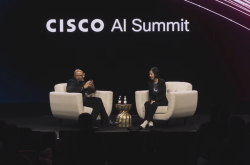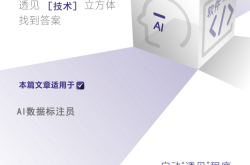SenseTime Pioneers into Embodied Intelligence: Core Team Takes Shape
![]() 07/24 2025
07/24 2025
![]() 503
503
Breaking news indicates that SenseTime intends to establish an autonomous embodied intelligence venture, with a seasoned core team already assembled. Leading this team are vision technology veterans Wang Xiaogang and Tao Dacheng.
Wang Xiaogang, an early graduate of the University of Science and Technology of China's Young Gifted Class, holds a Bachelor's degree in Electronic Engineering and Information Science from 2001. He then went on to earn a Master's degree in Information Engineering from the Chinese University of Hong Kong in 2004 and a Ph.D. in Computer Science from MIT's Artificial Intelligence Laboratory in 2009. Following his Ph.D., while teaching at the Chinese University of Hong Kong, Wang led a team that developed the DeepID series of algorithms, achieving groundbreaking robot face recognition accuracy surpassing human capabilities. In 2016, Wang Xiaogang joined SenseTime as a co-founder and Chief Scientist. In 2022, he spearheaded the integration of SenseTime's automotive-related business into the "Jueying Smart Auto Business Group" and, as CEO, drove Jueying's expansion in smart cockpits, smart driving, and AI cloud, constructing a comprehensive automotive intelligence system.
Tao Dacheng earned his Bachelor's degree from the University of Science and Technology of China, his Master's degree from the Chinese University of Hong Kong, and his Ph.D. from the University of London. Post-graduation, he taught at esteemed institutions including the Hong Kong Polytechnic University, Nanyang Technological University in Singapore, the University of Technology Sydney, and the University of Sydney in Australia. In 2021, he became the Dean of JD Explore Academy, a role he left at the beginning of 2023. Tao Dacheng has made substantial contributions in machine vision and object tracking, with technology applications spanning from video surveillance to autonomous driving.
Notably, both Wang Xiaogang and Tao Dacheng were students of SenseTime founder Tang Xiaou during his tenure at the Chinese University of Hong Kong, fostering a strong foundation of teamwork and mutual understanding.
SenseTime has already embarked on its journey towards embodied intelligence.
At a technology exchange meeting in April this year, SenseTime showcased a scenario where two robots collaborated on procurement in an AI supermarket. It also partnered with Fourier Intelligence and Songying Technology, two robotics companies, to provide simultaneous simulation training support for thousands of robots on a large device platform, cementing its role as a "robot brain supplier".
Looking back further, at the end of last year, SenseTime underwent a "1+X" strategic reorganization, spinning off businesses like the "Yuanluobo" chess-playing robot to operate independently. Additionally, it led the investment in Zhongqing Robotics, now following up with its Pre-A round, continuously investing in this sector.
It is rumored that at the upcoming WAIC conference, SenseTime will unveil a new large model and embodied intelligence platform.
At the industry level, this track is gaining momentum.
Megvii Technology, one of the "Four Little Dragons of AI," split off its robotics company "Yuanli Aggregation" last year, specializing in warehouse automation. This year, the newly emerged "Yuanli Lingji" secured 200 million yuan in angel round funding, with its core team entirely composed of Megvii veterans, indicating that AI talents are accelerating their focus on practical robotics.
The rationale behind this shift is evident: AI that can only "talk" has revealed its limitations, and large model competition needs to transcend to "doing" — empowering robots with environmental perception, command understanding, and autonomous operation to meet real-world demands such as supermarket sorting and warehouse handling. The influx of capital and talent is optimistic about it becoming the next AI breakthrough.
However, despite the enthusiasm, the arduous battles in this sector have just commenced. While SenseTime boasts visual technology accumulation and a robust model foundation, led by veterans, robots encompass more than just algorithms; there are challenges from hardware implementation to scenario integration.
Concurrently, competitors are vying for time and resources, and translating technological advantages into real-world products ultimately hinges on who can make robots "run" in practical scenarios first.
Yet, it is undeniable that with AI giants personally venturing into this field, the competition in embodied intelligence promises to be even more thrilling than the previous large model chaos.

